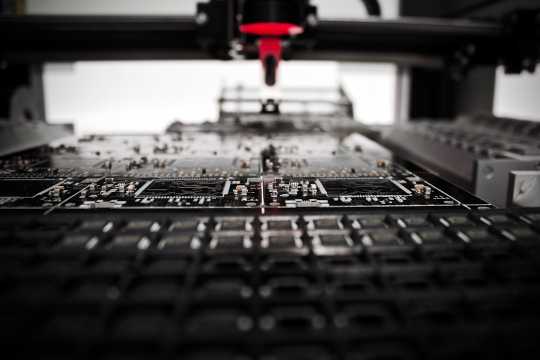The Role of Robotics in Modern Manufacturing
Robotics has revolutionized the world of manufacturing, and its impact is only growing stronger as technology advances. In today’s modern manufacturing processes, robots play a critical role in improving efficiency, accuracy, and safety. The use of robotics has transformed the way products are made and has opened up new possibilities for innovation and growth.
One of the key benefits of robotics in manufacturing is the ability to automate repetitive and labor-intensive tasks. Robots are able to work around the clock without breaks, reducing the need for human labor and increasing production output. This not only improves efficiency but also helps companies save on labor costs and improve their bottom line. Additionally, robots are able to perform tasks with a high level of precision and accuracy, leading to a decrease in errors and defects in the production process.
Another important role of robotics in modern manufacturing is in improving workplace safety. Manufacturing environments can be hazardous for workers, with heavy machinery and dangerous materials present. By using robots to perform tasks that are hazardous or physically demanding, companies can protect their employees from potential injuries and accidents. Robots can also be programmed to work in environments that are not safe for humans, further reducing the risk of workplace accidents.
Furthermore, robotics has the potential to drive innovation and flexibility in manufacturing processes. With advancements in artificial intelligence and machine learning, robots are becoming more adaptable and versatile. This allows companies to quickly reconfigure their production lines and respond to changes in market demands. The flexibility of robots also enables manufacturers to customize products on a large scale, meeting the individual needs of customers and increasing competitiveness in the market.
The adoption of robotics in manufacturing is also leading to a shift in the skills required from workers. As robots take over repetitive tasks, employees are able to focus on more complex and creative aspects of the production process. This creates new opportunities for workers to develop their skills and contribute to the success of the company in different ways.
In conclusion, the role of robotics in modern manufacturing is undeniable. Robotics have transformed the way products are made, improving efficiency, accuracy, and safety in the production process. As technology continues to advance, the capabilities of robots in manufacturing will only increase, leading to further improvements in productivity and innovation. Companies that embrace robotics in their manufacturing processes are sure to stay ahead of the curve and succeed in the competitive global market.

